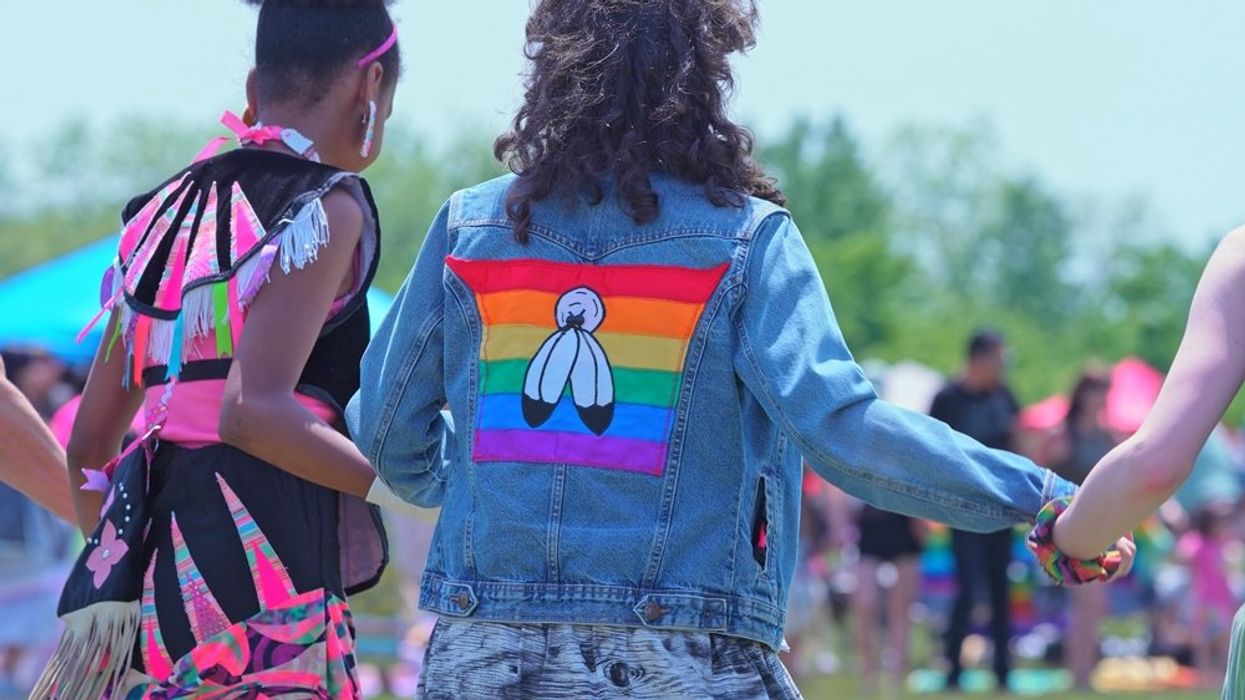Indigenous communities have been acknowledging multiple genders since before colonization. Today, there is an effort to reintroduce and re-establish the use of their own LGBTQ+ terms within their tribe.
Over 150 different pre-colonial Native American tribes acknowledge multiple genders. There were well over 100 instances of diverse gender expression within their communities during the time Europeans made contact, but when Native American tribes were colonized, their cultural legacy was almost erased due to religious indoctrination and laws making sexuality and gender expression illegal, according to the National Park Service.
In recent years, LGBTQ+ Indigenous people have started using the term “two-spirit” although there are other terms for different Native nations and languages.
According to CBC, two-spirit people in indigenous communities would perform a number of roles including taking care of children and the elderly, medicine people, matchmakers, negotiating treaties, beaders, and dancers.
The phrase “two-spirit” was first thought of by Elder Myra Laramee. She presented its use at the third annual Inter-tribal Native American, First Nations, Gay and Lesbian American Conference in Winnipeg in 1990. In the Anishinaabe language it translates as, niizh manidoowag.
There are others in a variety of languages that some Indigenous communities use and are trying to revive, according to the Canadian news outlet. Those include winkte, which is Lakota for "to be as a woman." Nekm is a gender-neutral pronoun in Mi’kmaw.
There are Ojibwe terms such as Agokwe, meaning "hidden woman." Ininiikaazo means "women who choose to function as men; one who endeavors to be like a man." Ikwekaazo translates to "men who choose to function as women; one who endeavors to be like a woman"
In Blackfoot, ááwowáakii is the term for gay man, a’yai-kik-ahsi means "acts like a woman," and ninuah-oskitsi-pahpyaki means a "manly-hearted woman"
The many more phrases and terms that apply to sexuality and gender identity show that the 2SLGBTQ+ community remains respected in many Indigenous tribes today.

















































